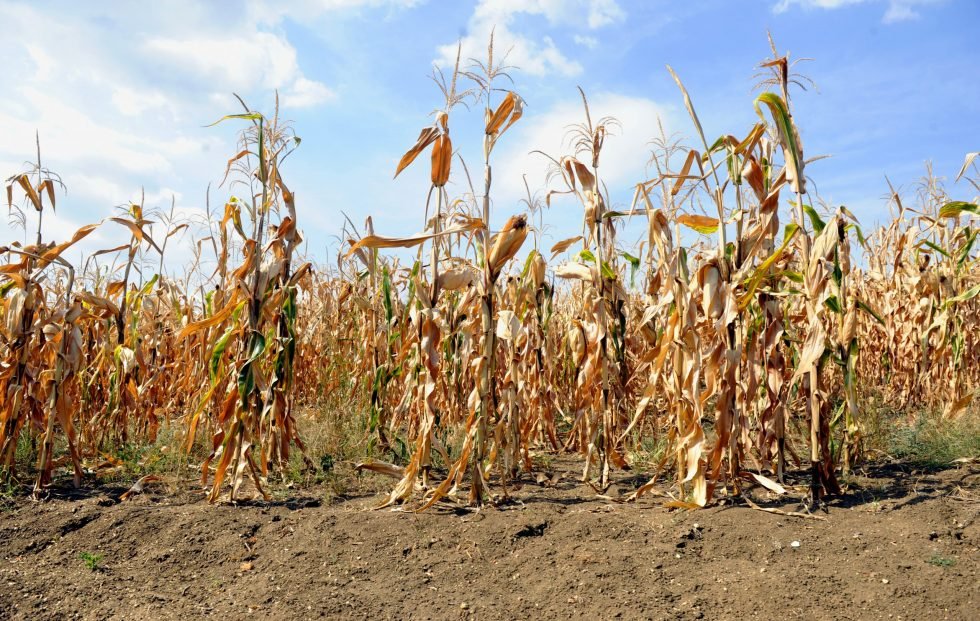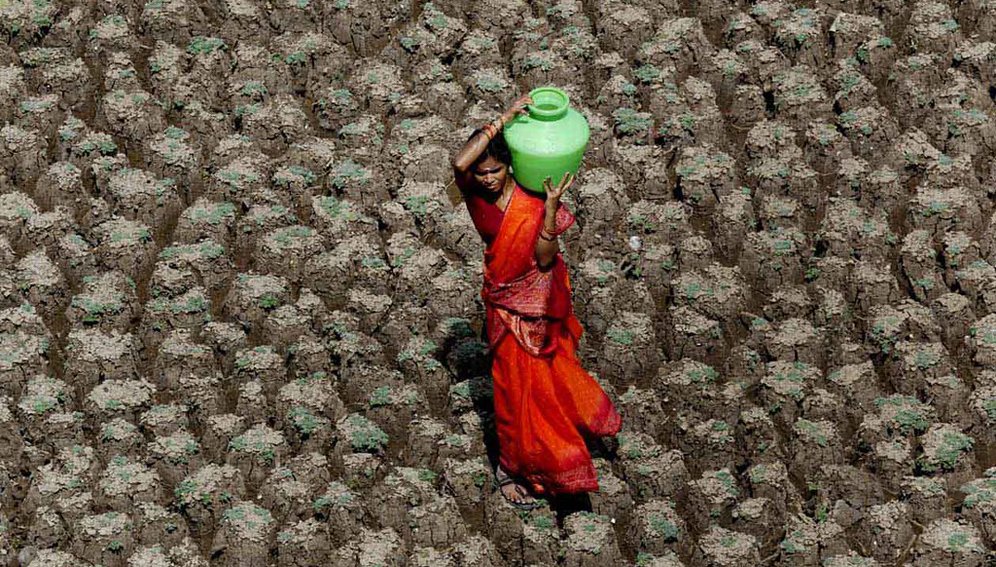Water scarcity poses a significant challenge to global agriculture, affecting both food production and the livelihoods of millions of people. This article delves into the consequences of water mismanagement, explores the impact on agricultural systems, and discusses various solutions and initiatives aimed at addressing this critical issue.
Consequences of Water Mismanagement in Agriculture
Water plays a crucial role in agriculture as it is essential for growing food. However, a significant portion of the global population, about a quarter, faces inadequate access to water for their daily needs. The consequences of this scarcity are evident in regions like the Murray-Darling River Basin in Australia, where agriculture has been severely affected.
Similarly, the Aral Sea, located between Kazakhstan and Uzbekistan, has experienced a drastic reduction in size due to excessive water usage for irrigating crops such as cotton and wheat. These examples highlight the detrimental impacts of water mismanagement on agricultural systems.

Promoting Efficient Water Use
Efforts are underway to address this pressing issue by promoting efficient water use and expanding water supply. The decreasing costs of desalination have made it a viable solution, particularly in coastal areas where access to seawater can be utilized. Cape Town serves as a stark reminder of the consequences of water scarcity, narrowly avoiding a crisis in 2018 when the city faced the possibility of shutting off the municipal water supply and implementing rationing measures. This crisis forced residents to adopt more sustainable water consumption practices.
Agriculture, being one of the most water-intensive industries, relies heavily on efficient water management. Water scarcity poses a significant challenge for food production, and finding innovative ways to optimize water usage is crucial. Technologies such as precision irrigation and drip irrigation systems help maximize water efficiency in agriculture, ensuring that crops receive adequate water while minimizing wastage.

Responsible Water Governance and Distribution
Recognizing the importance of water availability, numerous initiatives focus on improving water governance and distribution. Land tenure and ownership play a vital role in sustainable water management, as responsible landholders have a vested interest in preserving the quality and availability of water resources. Additionally, reducing food waste across the supply chain is essential, as it contributes to conserving water resources and enhancing overall
The impacts are evident in regions where water mismanagement has led to devastating consequences. However, there are viable solutions available, such as efficient water usage practices, increasing water supply through methods like desalination, and promoting responsible land tenure. By implementing these measures and raising awareness about the importance of water conservation, we can strive towards sustainable agriculture and ensure a reliable food supply for future generations.
The development of drought-resistant crops will also help. Most wealthy countries will be able to supply enough water to meet their needs. The poorer countries will be in the worst shape. The struggle to feed people in India, China, and parts of sub-Saharan Africa will continue, but fortunately we have seen a dramatic decrease in the amount of famines worldwide over the last century. Technology, better food distribution, and wise policies that counter misguided political decisions are necessary to improve this situation.
An example of such a mistake is diverting the rivers that flow into the Aral Sea to irrigate cotton crops. If countries make sound choices with regards to water usage, then a solution should be possible. It is argued by Professor Amartya Sen, who won a Nobel Prize for his work on the world’s poorest people, that land tenure and distribution matter more than the actual supply of food when it comes to poverty and famine. People who own the land they farm or have a long lease on it will ensure it is not degraded. We know what we need to do.

Reducing Food Waste and Shifting Diets
Cutting food waste is obvious because feeding plants to animals is an inefficient way of using the calories in food, the world should be able to feed its growing population. It will probably take more effort to slow the increase in meat consumption. Innovative vegetarian burgers by Burger King are a good example of how consumer pressure has started to move people away from meat in developed countries.
In addition to Burger King, there are several other examples of companies and initiatives that are driving a shift towards plant-based alternatives and reducing meat consumption. One notable example is Impossible Foods, a company that has developed the Impossible Burger, a plant-based burger that closely mimics the taste and texture of beef. Beyond Meat is another prominent company that offers a range of plant-based meat alternatives, including burgers, sausages, and chicken substitutes.
Moreover, there are initiatives like Meatless Monday, which encourages individuals to choose vegetarian options at least once a week, reducing overall meat consumption. Many restaurants and food establishments worldwide have embraced this concept and now offer special meatless menus on Mondays.
These examples demonstrate the growing trend and consumer demand for plant-based alternatives, suggesting a promising shift towards more sustainable and environmentally conscious food choices beyond just Burger King.
Over half of the palm oil imported into Europe is used for biodiesel production, which, in turn, influences countries such as Indonesia to convert varied tropical forests into palm plantations. The same critique can be applied to adding ethanol to petrol, through the conversion of sugar beet or maize into fuel; and using woodchip pellets to fire thermal power plants.

Conclusion
Addressing water scarcity in agriculture requires a multifaceted approach that encompasses efficient water use, responsible governance, and sustainable food consumption patterns. By promoting innovative technologies, improving water governance, reducing food waste, and shifting towards more sustainable diets, we can mitigate the impacts of water scarcity, ensure agricultural sustainability, and secure a reliable food supply for future generations.
The urgency of this issue necessitates collaborative efforts from governments, farmers, consumers, and stakeholders across the agricultural sector to create a more water-resilient future.




